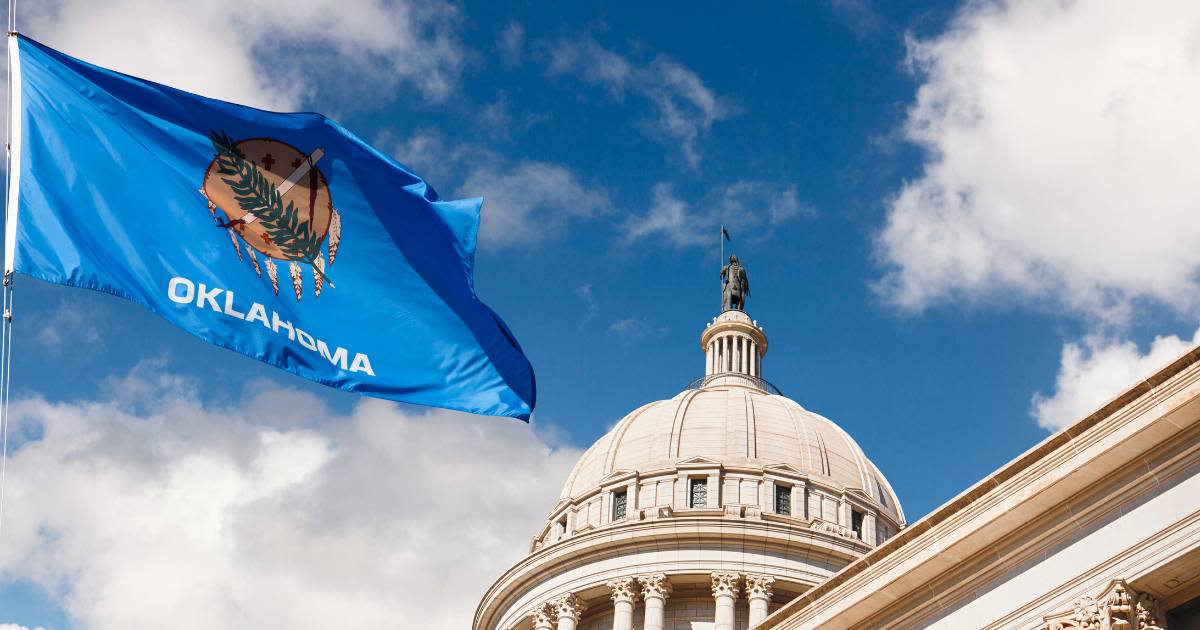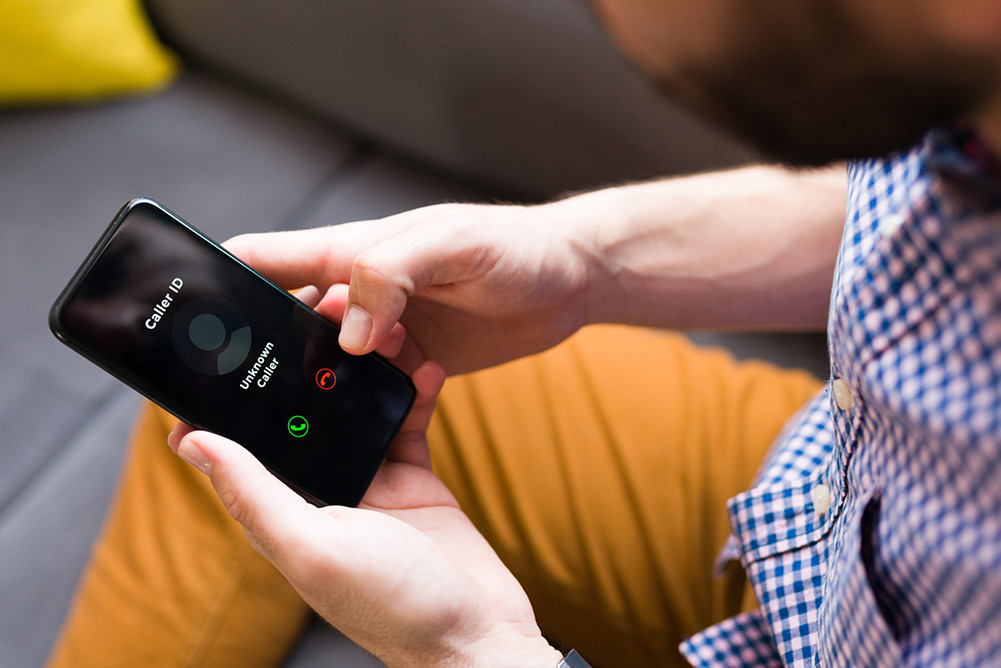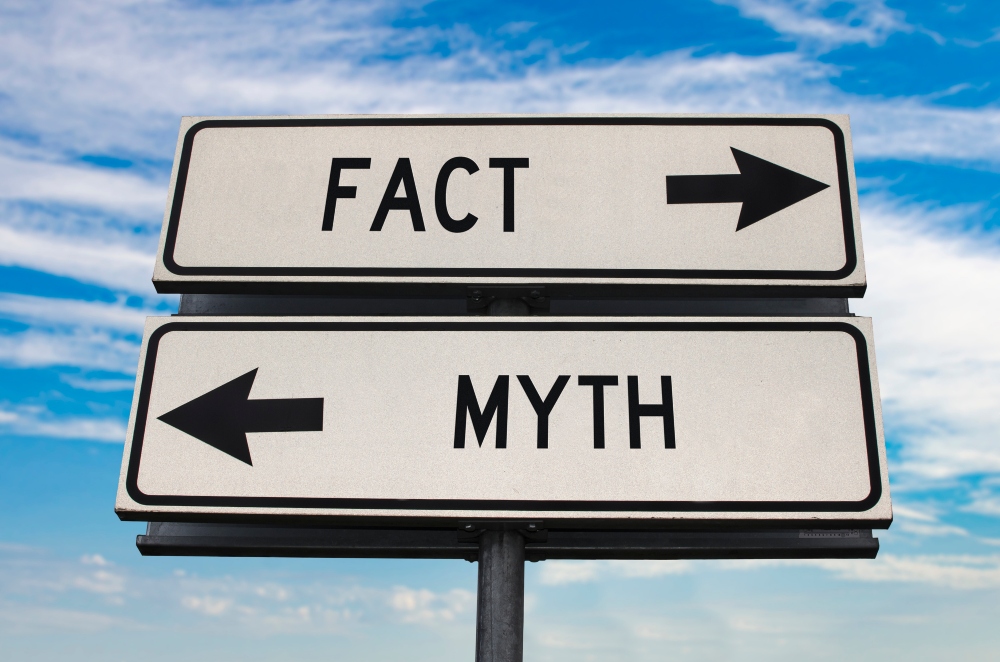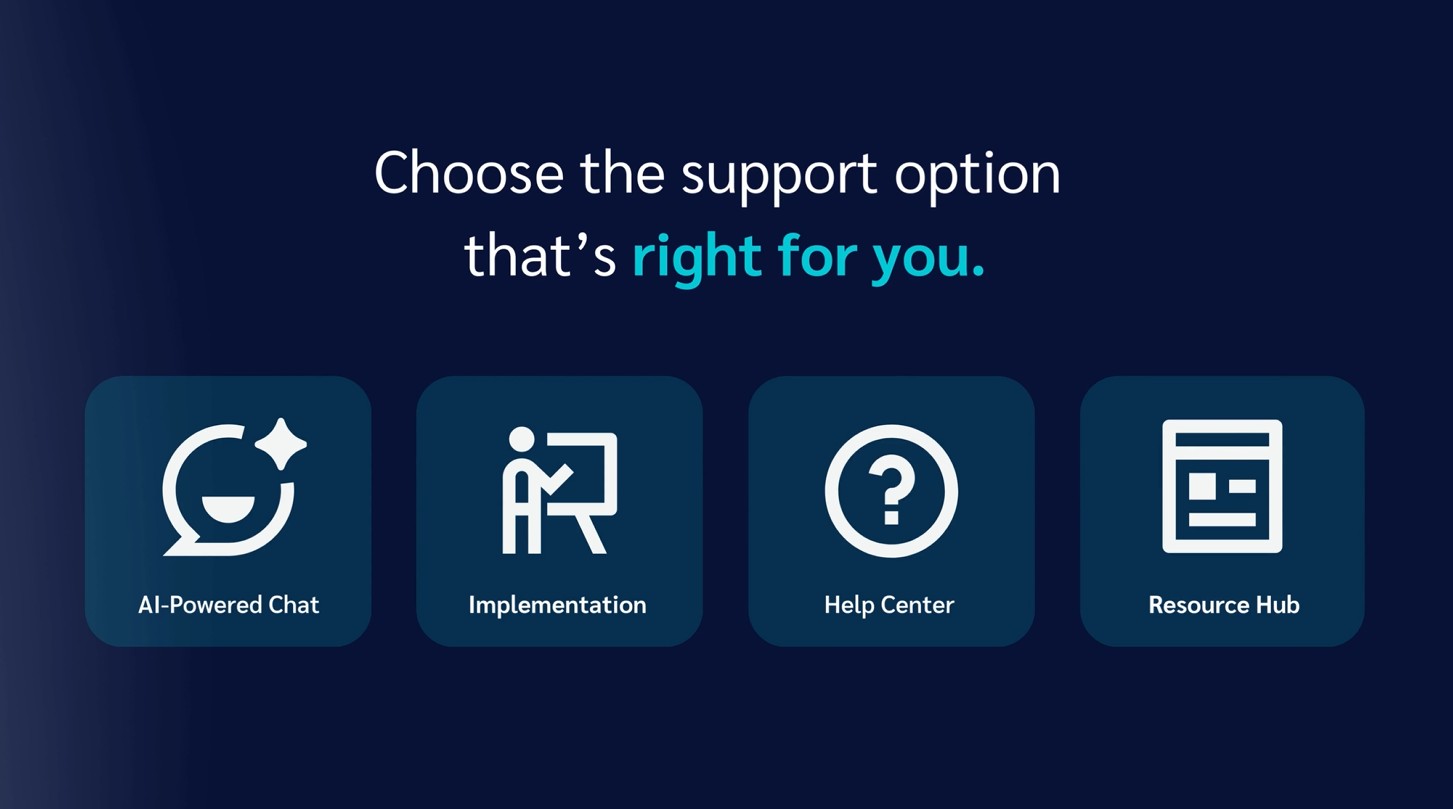Since the U.S. Supreme Court’s 2021 autodialer decision in Facebook—which interpreted Congress’s definition of “automatic telephone dialing system” in a way that makes it difficult, if not impossible, for plaintiffs to prove a federal autodialer claim—there has been a rise in states enacting their own versions of the TCPA, often referred to as mini-TCPAs.
Oklahoma’s mini-TCPA is known as the Oklahoma Telephone Solicitation Act (OTSA), 15 Okl. St. § 775C.1, et seq. In this article, we discuss Oklahoma’s unique call restrictions and what you need to know to stay compliant.
The Creation of Oklahoma’s Mini-TCPA
While “autodialer” is a colloquial term, some of the Telephone Consumer Protection Act’s (TCPA) and Federal Communications Commission’s (FCC) rules apply to the use of an automatic telephone dialing system (ATDS). The TCPA defines an ATDS as: “equipment which has the capacity to store or produce telephone numbers to be called using a random or sequential number generator and to dial such numbers.”
For a long time, plaintiffs’ lawyers persuaded the courts to expand Congress’s autodialer definition to include technology that didn’t do what the law says it has to—like generate numbers.
Led by the FCC’s expansive definition that the courts either felt compelled or inclined to tolerate, the courts were bogged down in nearly a decade of fights over whether Congress’s language mattered, or it was so vague that it was open to interpretation. In April 2021, the U.S. Supreme Court corrected that mistake in Facebook, Inc. v. Duguid.
Inspired by Florida’s Mini-TCPA (FTSA)
In response to Facebook, in 2021, Florida passed the Florida Telephone Solicitation Act (FTSA). Then, in 2022, Oklahoma joined the movement and passed the Oklahoma Telephone Solicitation Act.
When FTSA was passed, it contained a broad definition of autodialer, which resulted in a sudden increase in FTSA cases. This caused Florida to rethink its call restrictions. In 2023, Florida amended FTSA to narrow its definition of autodialer in an attempt to stem the tide of FTSA litigation (as well as the mountain of daily demand letters the courts received).
For better or worse, OTSA adopted FTSA’s now-repealed, broad definition of autodialer. Unlike Florida, Oklahoma has yet to take action to narrow it. Thus, OTSA is one of the most onerous mini-TCPAs in the country.
What Does Oklahoma’s Mini-TCPA Apply To?
OTSA’s regulations are focused primarily on “commercial telephonic sales calls” (i.e., sales calls).
Time-of-Day and 24-Hour Restrictions
OTSA prohibits commercial telephone sellers and salespersons from making sales calls before 8am or after 8pm (local time in the called party’s time zone).
It also prohibits commercial telephone sellers and salespersons from making more than 3 sales calls in a 24-hour period to the same person regarding the same subject matter or issue.
Autodialer Regulation
OTSA generally restricts making sales calls or sending sales texts with technology that qualifies as an autodialer under the law. It defines autodialer as “an automated system for the selection or dialing of telephone numbers.”
It prohibits making sales calls involving an autodialer without the called party’s prior express written consent (PEWC). That rule also prohibits making sales calls that play a recorded message without the called party’s PEWC.
OTSA has its own definition of “prior express written consent,” which differs from the FCC’s definition for TCPA purposes. Oklahoma’s mini-TCPA definition requires the called party’s consent to receive sales calls and texts made using an OTSA-defined autodialer, which, again, is different from the TCPA’s autodialer definition.
Caller ID Requirement
Under OTSA, a person making a sales call must transmit their originating telephone number and name (if the carrier supports that CNAM feature) as part of their caller ID. A caller can substitute the name and customer service telephone number of the seller on whose behalf the call is placed.
Statutory Damages
OTSA allows a called party to recover $500 for each violating call/text they receive. Like Subsection 227(b) of the TCPA, a court can increase that amount to $1,500 per violation if it finds the defendant willfully or knowingly violated the OTSA.
Oklahoma’s law contains various other restrictions. For example, OTSA also contains a rule prohibiting persons making sales calls from altering their voice for nefarious purposes. It also contains a number of exemptions, such as for persons primarily soliciting the sale of a newspaper.
How to Avoid Fines & Penalties
The best way to protect your business is to stay proactive. Outbound calling software with built-in compliance tools can help you automatically follow compliance rules on each of your call campaigns. For example, Readymode’s outbound customer engagement platform includes built-in rules for state calling restrictions, including Oklahoma’s time-of-day restrictions.
If you’re calling into Oklahoma, a careful read of the OTSA, the right tools, and time with qualified counsel is well-advised.
This article is only offered for informational purposes; it is not legal advice. Please consult a qualified attorney for your specific compliance needs.
Joe Bowser
Joe Bowser is a partner at Roth Jackson. He has been practicing communications and marketing law for two decades. He advises and defends calling and SMS platform providers (like Readymode), carriers/VoIP providers, and heavy users of those services in their wide range of compliance needs. In his spare time, you can find him taking his boys to their sports, getting in a workout of his own, or catching an Arsenal match.








